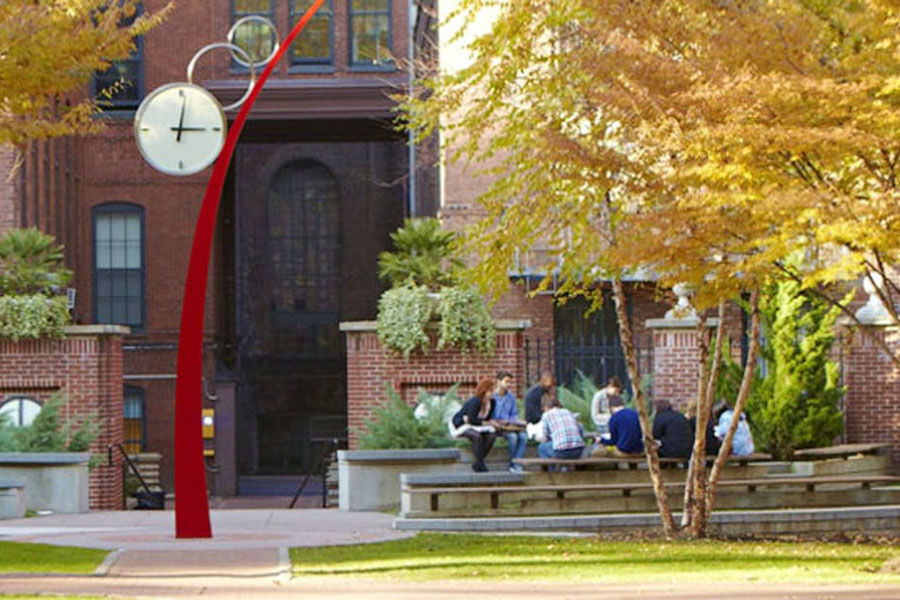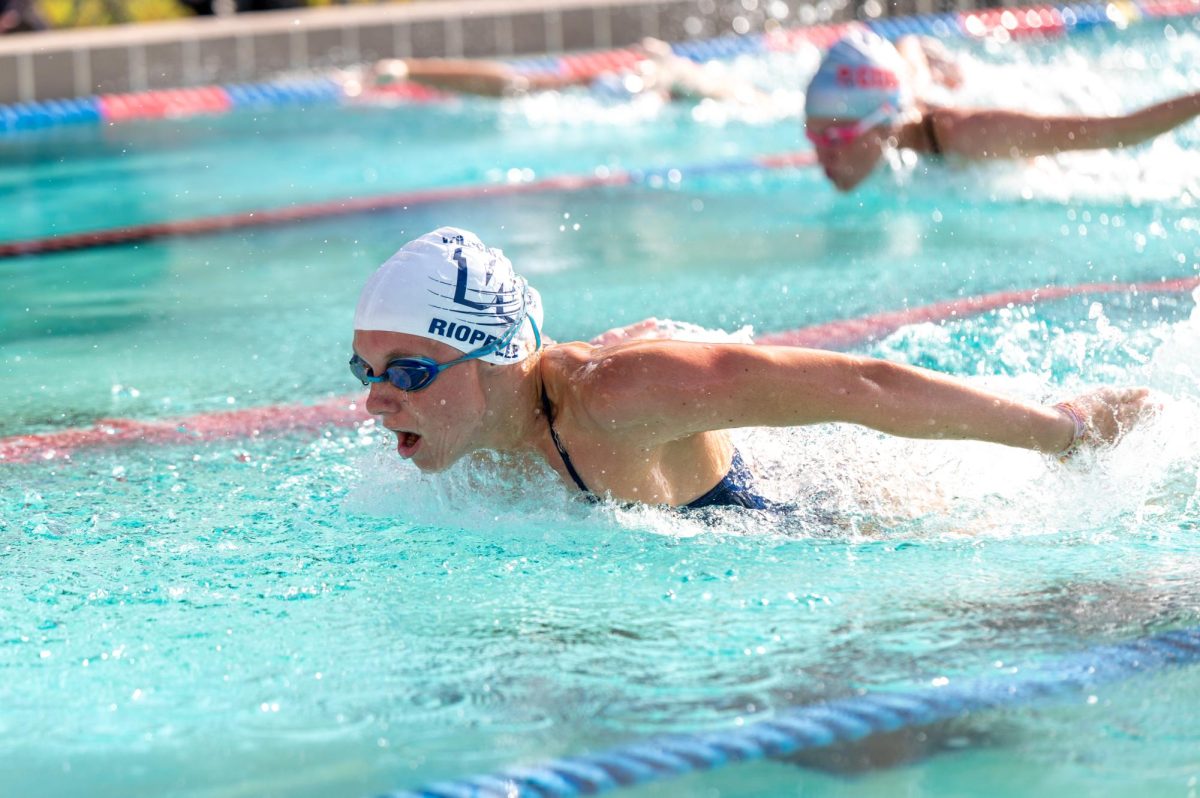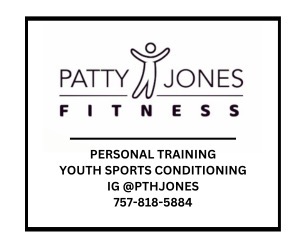Covid-19 restrictions impact college decisions
Senior Madison Newcombe will attend Pratt Institute located in Brooklyn, NY next fall.
April 13, 2020
With students having to spend tens of thousands of dollars to attend universities — especially those who decide to study out-of-state — the thought of choosing the wrong school can be intimidating. With the new COVID-19-related restrictions being put into place right at the peak of college decision season, seniors are met with an additional level of stress and anxiety — and the stakes are high. Schools located hundreds or even thousands of miles away are offering West Shore students spots in their freshman classes, even though those students have no physical way to visit the campuses.
Since the social-distancing mandate began, nearly all aspects of everyday life have been altered. Almost all travel, even within the United States, has been halted or curtailed until further notice and some states have instituted mandatory self-quarantine for those who are traveling to different parts of the country.
Madison Newcombe (12), who has recently committed to the Pratt Institute in Brooklyn, NY, had to make her decision without visiting the campus.
“It made me nervous because I feel like a big part of the decision is the feel of the campus and whether I can see myself living there and being happy,” she said.
Newcombe said she looked at various aspects of each school that accepted her.
“Pratt was highly ranked for the major I wanted, and they gave me a lot of scholarship money,” she said.
While some schools offer virtual tours of their campuses online, other do not.
“I took a virtual tour for two other schools I was deciding on, but there wasn’t a virtual tour option for Pratt,” Newcombe said.
Pooja Shah (12) is still deciding among Northwestern, Washington University in St. Louis and the eight-year medical program at the University of Central Florida.
While her choices of schools do offer virtual tours online, Shah continues to conduct research to determine the best fit.
“I’ve talked to students that go to the schools and admissions officers as well as my parents, who have all given me advice,” she said. “I’ve thought about the cost, research opportunities and how good their pre-med is.”





















































